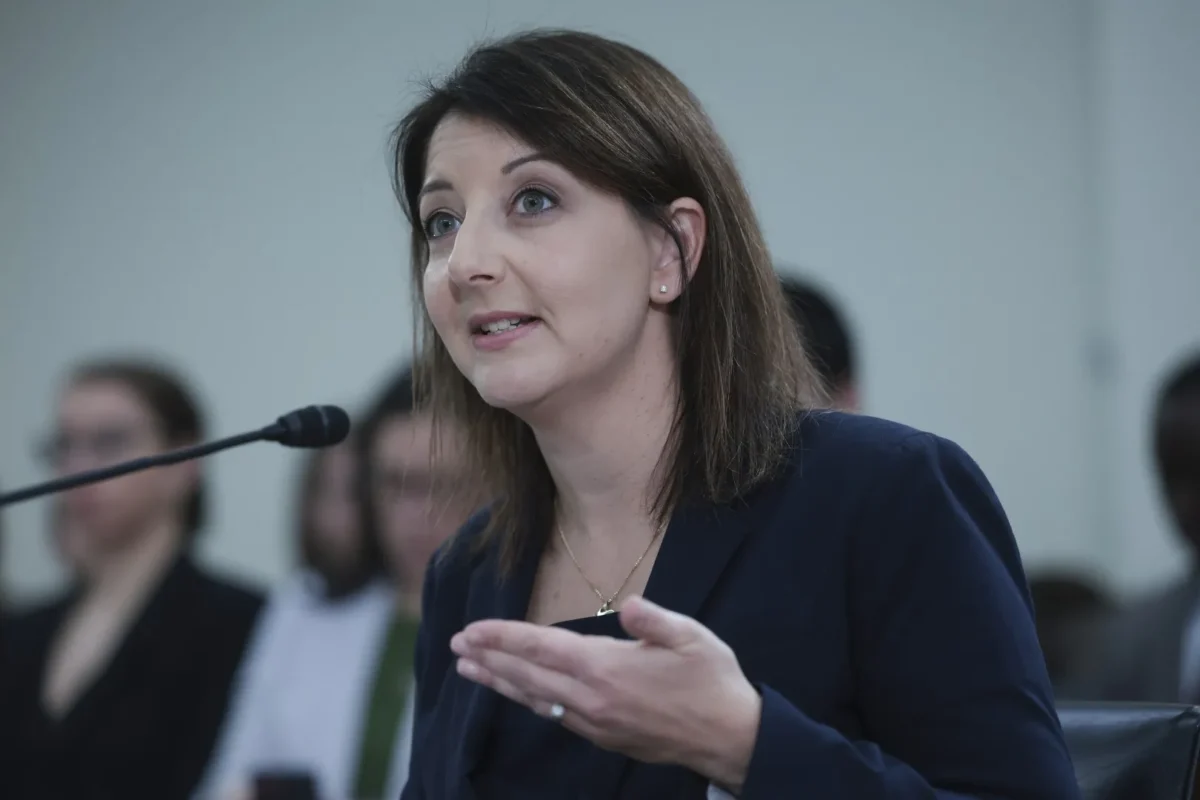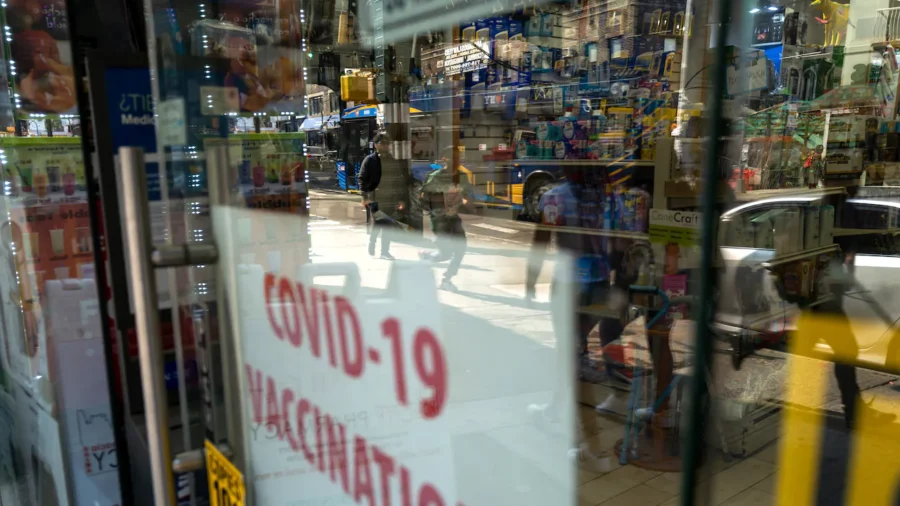The Centers for Disease Control and Prevention (CDC) is discontinuing a program that offered free COVID-19 vaccines to uninsured adults in the United States, according to the agency’s website.
The CDC said in an update that its Bridge Access Program, which offers free COVID-19 vaccines to adults who do not have health insurance or whose insurance does not cover vaccination costs, will end in August.
The program was initially scheduled to end in December 2024.
More than 1.4 million free COVID-19 vaccines have been distributed to uninsured and underinsured adults since the program was launched in September last year.
A CDC spokesperson said the early termination was due to “Congressional rescissions of COVID-19 funds in the FY 2024 Further Consolidated Appropriations Act,” which President Joe Biden signed into law in March.
The legislation was designed to allocate funding for projects and activities of federal departments and agencies through Sept. 30, 2024.
“After August, there may be a small amount of free vaccine available through health department immunization programs, but supply would be very limited,” the CDC spokesman said in a statement to media outlets.
“We don’t yet know if the manufacturers will have patient assistance programs,” he added.
The CDC, however, remains committed to ensuring equitable access to COVID-19 vaccines among Americans. According to the agency’s update, up to 25 million adults in the United States do not have health insurance.
The spokesperson said that the proposed “Vaccines for Adults” program, which is part of President Biden’s FY 2025 Budget, would provide uninsured adults with recommended vaccinations at no cost. This proposal has not yet been enacted into law.
“If enacted by Congress, this program would reduce disparities, protect communities from vaccine-preventable diseases, and enhance and maintain the infrastructure needed for responding to future pandemics,” the spokesperson stated.
The Bridge Access Program, valued at over $1 billion, was aimed at creating a public-private partnership to ensure uninsured individuals could access COVID-19 care at their local pharmacies, public health infrastructure, and local health centers.
The CDC partnered with pharmacies, including CVS, Walgreens, and eTrueNorth, to provide vaccination services to uninsured adults as part of the program, according to a press release.
Older People Advised to Get Another COVID Vaccine
The CDC has previously recommended that adults aged 65 and older receive an additional dose of updated COVID-19 vaccines to boost waning immunity against the deadly virus.

Dr. Mandy Cohen, head of the CDC, said in a Feb. 24 statement that most COVID-19-related deaths and hospitalizations last year occurred among people in this age group—which are at higher risk of severe illnesses.
“Today’s recommendation allows older adults to receive an additional dose of this season’s COVID-19 vaccine to provide added protection,” Dr. Cohen said.
“An additional vaccine dose can provide added protection that may have decreased over time for those at highest risk,” she added.
In a study published in its quasi-journal in February, the CDC reported on an examination of health care records for adults who visited an emergency department, went to an urgent care facility, or were hospitalized with COVID-19-like illness.
Officials estimated that seniors who received one of the new shots—when compared to seniors who did not, including the previously vaccinated—had a peak of 49 percent protection against emergency department or urgent care visits, but that the protection waned to 37 percent over time, with protection estimated to be slightly better against hospitalization.
Zachary Stieber contributed to this report.
From The Epoch Times

